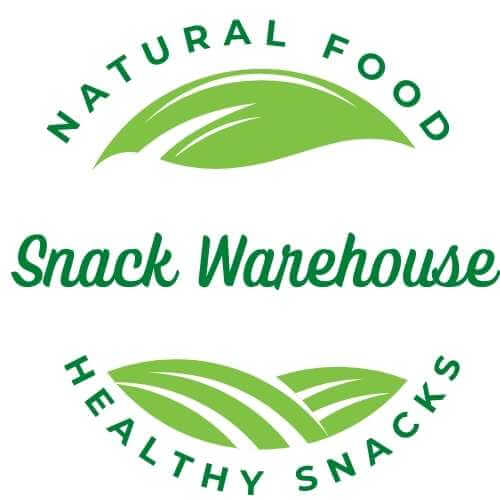FAQs

What are Gluten Free snacks?
Gluten-free describe products that are produced in such a way as to have no Gluten in them. Simplistically Gluten is the sticky substance in a dough that holds it together while the dough is kneaded, rising, and finally baked, and more specifically a mixture of proteins found in some cereal grains, especially wheat. Persons diagnosed with celiac disease (an allergy to glutens) should eat products that are free of the chemical, including foods made with or containing wheat, rye, barley, and oats. Snack Warehouse offers many Gluten-Free Snacks to help you enjoy snacking and stick to your gluten-free diet.
What is gluten?
Gluten is a type of protein that is found in barley, wheat, rye as well as some other types of grains. It is found in most cereals and bread. A person with celiac disease should not eat most grain, pasta, cereal, and many processed foods. However, not all foods from the grain family contain gluten.
What is celiac disease?
Celiac disease is a digestive disease damaging the inner surface of the small intestine. People with celiac disease cannot tolerate gluten resulting in the inability to absorb certain nutrients from various foods.
How do you get celiac disease?
Symptoms vary from person to person, but some of the most common symptoms are weight loss, bloating, diarrhea, gas, abdominal cramps, or vitamin and mineral deficiencies.
What are the symptoms of celiac disease?
Celiac disease is genetically determined. If you or a family member have the gene, it is possible that you could get the disease at some point in your life. Many people with this disease don’t even know they have it. Sometimes the disease is triggered after surgery, pregnancy, childbirth, viral infection, or severe emotional stress.
Is celiac disease treatable?
After consulting with a doctor the only treatment for celiac disease is a gluten-free diet. A dietitian can be very helpful in creating a gluten-free diet plan. Most likely, following this diet will stop symptoms and even heal the damage that was done to the small intestines. Improvement can begin almost immediately.
Should I consult a doctor before beginning a gluten free diet?
Yes, if you think you may have celiac disease you should speak with your doctor for an official diagnosis. If you begin a gluten-free diet before consulting with a doctor, it could be more difficult for your doctor to make a diagnosis if you’ve begun the diet before being tested. Your doctor might suggest speaking with a dietitian on a gluten-free diet plan that fits your lifestyle.
Grains that should be avoided if you have gluten intolerance:
- Wheat
- Barley
- Rye
- Farina
- Graham flour
- Semolina
- Durham
- Bulgur
- Kamut
- Kasha
- Matzo meal
- Spelled (a form of wheat)
- Triticale
Some acceptable grains for a gluten-free diet:
- Rice
- Potato
- Corn
- Pure, uncontaminated oats
- Quinoa
- Tapioca
- Buckwheat
- Yam
- Teff
- Amaranth
- Arrowroot flour
- Gelatin
- Xanthan gum
- Guar gum
- Sorghum
Acceptable foods for a gluten-free diet:
- Fresh meats, fish, and poultry (not breaded, batter-coated, or marinated)
- Most dairy products
- Fruits
- Vegetables
- Rice
- Potatoes
- Gluten-free flours (rice, soy, corn, potato)
- Wine and distilled liquors, ciders, and spirits
Does vinegar contain gluten?
Distilled white vinegar does not contain gluten, but malt vinegar does contain gluten.
Is gluten only found in food?
No, gluten can be found in everyday products such as medicines, vitamins, lip balms and even play dough.
Can gluten be absorbed through the skin?
Gluten cannot be absorbed through the skin, but you should be careful using any products that could accidentally get into your mouths such as lip products, shampoos, hand lotion, hair spray, or play dough. Additionally, it is best to avoid gluten-containing toothpaste and mouthwash.
Is wheat free the same as gluten free?
No, just because a product is wheat free does not mean it is gluten free. Not only is gluten found in wheat, but it is also found in popular ingredients such as rye, barley and oats. That said, wheat free does not mean gluten free.
